If liquor companies had vending machines outside their buildings and to buy some, you had to press a button that asked: Are you 21? Yes or no? Would you, as a parent, stand for it?
Anti-pornography advocates say the answer would be no — and the same should apply to online porn sites.
Eleven is the average age a child is first exposed to porn. And 94 percent of kids will see porn by age 14.
Documentary filmmaker Jared Brock says he saw porn for the first time when he was 10. Former porn addict David Paisley, 29, was around 11 or 12 –that’s when the internet came into his home.
“I might have snuck pictures from a catalog before, but when the internet came … then I could get anything I wanted. It got really bad in high school, it was a free-for-all,” he said.
Gone is the porn of yesteryear, when materials were behind beaded curtains in the video store or in brown bags on newsstands. Type the word sex into a search engine, and get a screen full of hardcore pornography in less than five seconds, Brock said. And it’s available 24/7 on handheld devices, which means younger children are seeing hardcore porn at a time when their brains are still developing and the dopamine rush that porn elicits can lead to addiction, said Gary Wilson, author of “Your Brain on Porn.”
Brock co-directed the 2016 documentary “Over 18,” which examines pornography and its effects on young people. He is one of many advocating for meaningful age verification on porn sites. The U.K. plans to implement its age verification system by the end of 2018, after a delay this month. It requires porn sites to verify ages through a third party or face penalties, including paying hundreds of thousands of dollars per incident.
“Wouldn’t it be nice for this next generation of kids, if they just simply didn’t have access to (porn), so that when they Google “chicks” or “Hawaii” or “girls” or “sisters” or “stepmoms” — they’re not going to find crazy, violent sexual imagery?” Brock asked. “This is a child-protection issue. We want to protect our kids, so we don’t have a generation growing up objectifying women, treating the opposite gender like sexual objects and boys being treated like they’re animals — like they can’t control their sex drives.”
Paisley, an Elmira, Ontario, resident, recalls being addicted to porn.
“When I got my first laptop, my mom would wonder why I was so tired. I would stay up 3 to 4 a.m. viewing pornography, get a few hours of sleep, go to school, come home and watch more porn through the night,” he said. “At that age, you’re so overstimulated by it that you don’t know what to do with it. It’s not something you’ve experienced before. The only way I can think about it is an addiction, desperate for that fix; when I should have been out developing skills, playing sports, reading books, I was absorbed in pornography for hours and hours, days at a time.”
Porn’s effects
A variety of studies from around the world describe the effects of porn on young males. Wilson’s 2014 book describes many of these effects and links porn use to depression, as well as erectile dysfunction. Relationships are also affected: “The intense stimulation of today’s porn hijacks and rewires ‘brain real estate’ that would otherwise be devoted to making social ties rewarding,” Wilson writes. “Real people become less rewarding; fake people become far more enticing.”
Dines, president and CEO of Culture Reframed, a public health organization that defines pornography as a public health crisis of the digital age, agrees with Wilson. She’s been talking to parents about growing up in a “pornified culture” for years and the ramifications it can cause.
“The younger boys get to porn, the less capacity they have for empathy for girls and women, the more likely they are to become sexual offenders, the less capacity they have to actually put the building blocks of adult life into place,” she said. “They are more interested in hookups than actual dating, so the question becomes: If you’re socializing a whole generation into porn sex, which is what we’re doing because porn is the major form of sex education today, then what kinds of fathers, partners, lawyers, judges, policemen are they going to be when they’ve had their capacity for intimacy, connections and relationships hijacked by the porn culture?”
Dines also wants to see meaningful age verification for porn sites in the United States. She’s advocating for it through her Culture Reframed site, which offers a program to educate parents on pornography, the brain during puberty, and scripted conversations for guardians to have with their children about porn. The free site is meant to serve as a resource for parents and offer knowledge about sexting, bodily consent, bodily integrity and hypersexualization. She’s advising parents to talk about porn with their kids early on and not to avoid the topic just because adults may feel uncomfortable.
“It’s the same as pollution. A parent can’t say to me: How do I stop my kid from breathing polluted air? I can’t stop the kid from breathing polluted air. You need a movement that stops pollution. It’s the same with this. We live in a toxic culture. … We have to have a massive cultural shift. You can do all you want at home to protect your kid, but what happens if everyone around him is using porn? (Pornographers) are hijacking kids’ normal interest in sexuality,” Dines said. “What’s not normal is for kids to start looking at porn as their major form of sex education — that derails healthy development. We’re going to have to adult up here. We cannot leave it to the kids to live in this toxic culture. We created this, and its our job to help change this.”
___
(c)2018 the Chicago Tribune
Visit the Chicago Tribune at www.chicagotribune.com
Distributed by Tribune Content Agency, LLC.
—-
This content is published through a licensing agreement with Acquire Media using its NewsEdge technology.





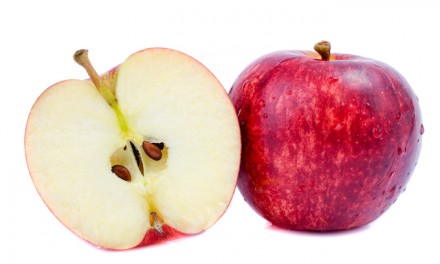
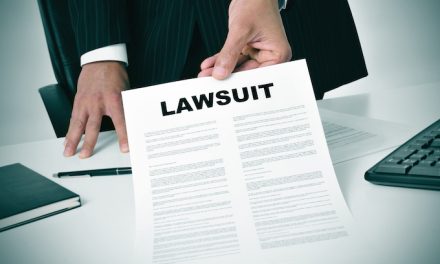
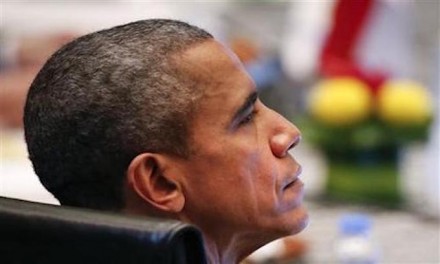
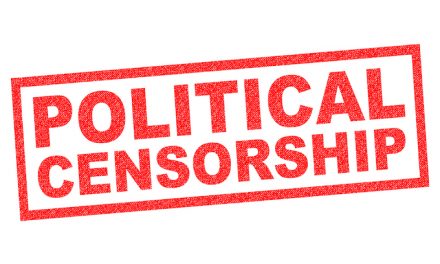








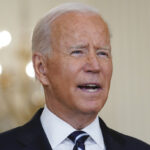


Recent Comments